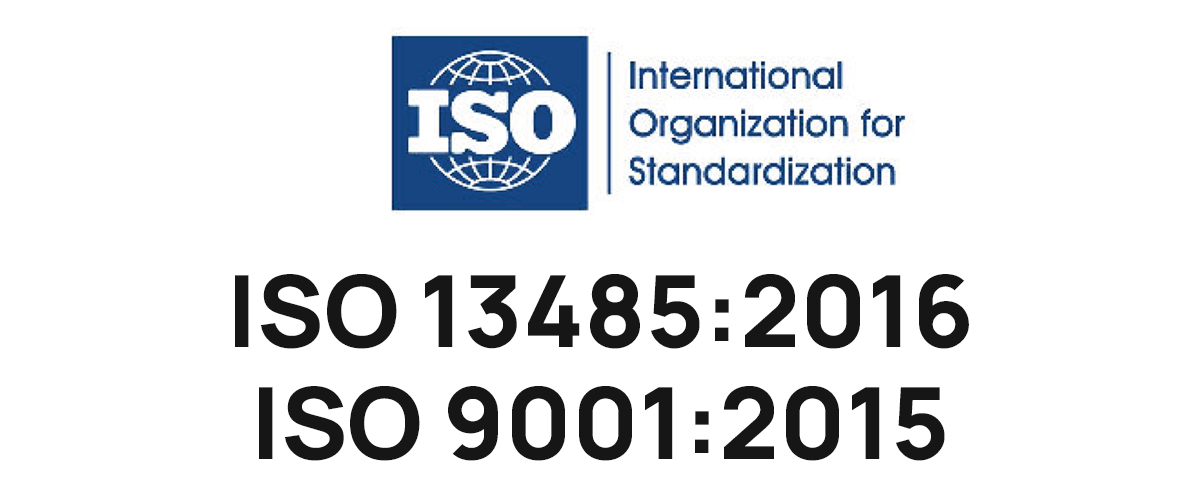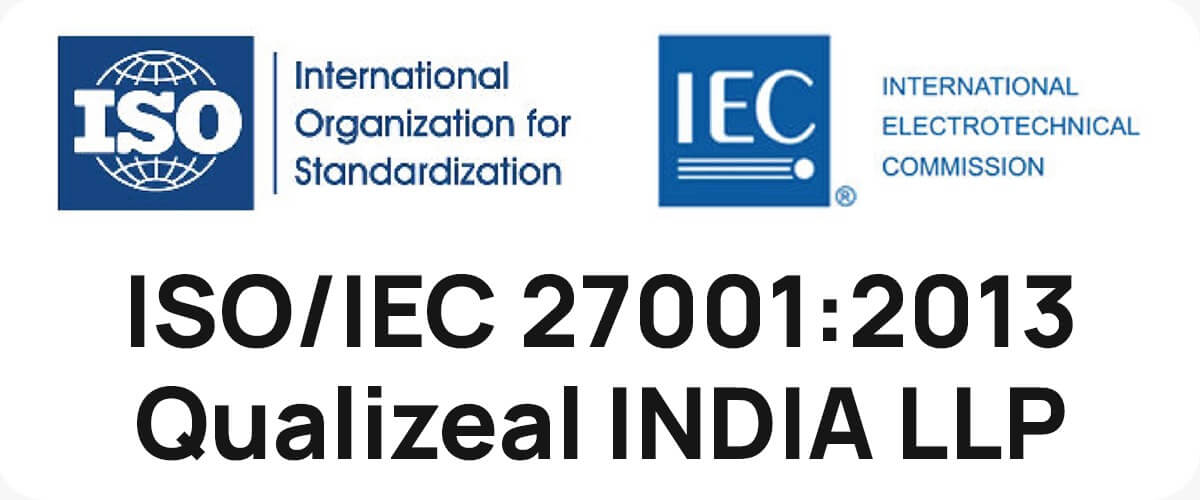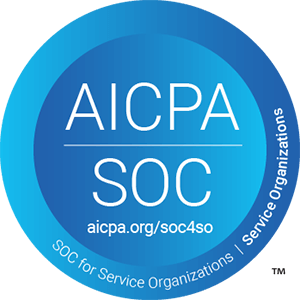Step into the dynamic realm of Fintech test automation as we unravel the future trends and predictions that are reshaping the financial technology landscape.
According to a recent report by Statista, the global Fintech market crossed a staggering $310 billion in 2022, reflecting a seismic shift in the industry’s landscape. In this blog, we delve into the emerging trends that are steering the course of Fintech test automation. As per a study by Accenture, automation is predicted to save the banking industry a whopping $174 billion by 2025. Join us on this insightful journey as we explore how technological advancements and innovative methodologies are propelling the Fintech testing domain into an era of unprecedented growth and efficiency.
Introduction:
The fintech landscape is ever evolving, and we anticipate this trajectory to persist into 2024. Notably, revenue in the fintech industry has witnessed an impressive 100% growth since 2017.
As we approach 2024, strategic initiatives become imperative. It’s paramount to proactively align our workforce and technological capabilities for optimal leverage amidst the forthcoming disruptions.
In the dynamic sphere of finance, technological prowess serves as the catalyst for transformative shifts. The requisite technologies for reimagining the financial domain are at our disposal and continually advancing. However, to capitalize on the imminent disruptions, the alignment of skilled professionals and cutting-edge technology is non-negotiable. A cohesive vision and strategy are indispensable for navigating the digitally dominant financial landscape.
Against this backdrop, let’s delve into the three pivotal trends shaping the future of the finance industry in 2024 and beyond. These trends promise strategic advantages for both enterprises and clientele.

The Explosive Growth of Connected Devices
Without a doubt, financial processes have witnessed significant transformations, with ongoing trends promising even more innovation on the horizon. The crucial question for leaders is: What does this mean for YOUR role, and how can your business leverage these changes?
Enterprises are currently at the forefront, strategically embracing three disruptive trends to enhance business speed, accuracy, and efficiency:
- Artificial Intelligence and Machine Learning
- Business Ecosystem
- Finance Automation

Artificial Intelligence & Machine Learning in Financial Optimization
Artificial Intelligence (AI) and Machine Learning (ML) bring significant enhancements to financial processes by mirroring offline tasks, such as automatically notifying approvers, matching purchase orders, and streamlining steps with minimal interactions and errors. These cutting-edge technologies consolidate your invoice data into a comprehensive view, allowing you to pinpoint efficiencies and areas for achieving 100% touchless Account Payable processing.
In many instances, a substantial portion of manual processes is eliminated, making the prospect of manually processing Accounts Payable documents at the office appear increasingly daunting. This technological blend is integral to simplifying these tasks.
Furthermore, in procurement, automated solutions play a crucial role in reducing late payments to suppliers, establishing recurring expense payment plans, calculating precise purchasing volumes for discounts, and facilitating the exchange of financial information and documents, such as invoices, purchase orders, and contracts.
This automated approach ensures a seamless flow of goods, services, and funds within your organization.

Business Ecosystem Evolution
The evolution of P2P ecosystems is steering towards a microservices architecture, empowering leaders to oversee vendors and invest in a central spend management platform, capitalizing on the latest service offerings.
For finance and procurement professionals like yourself, embracing solutions that provide:
- Full automation of orders and invoices
- Universal adoption with 100% of eligible employees using e-procurement
- Seamless connectivity with 100% of suppliers integrated into your P2P ecosystem
This will ensure that you stay at the forefront of advancements, fostering efficiency and connectivity within your organizational ecosystem.

Empowering Finance through Automation
In step with numerous industries, the financial sector has fully embraced automation as a steadfast solution to enhance operational efficiency, reduce costs, streamline processes, and significantly boost productivity.
Augmented by advanced analytics, this automation offers comprehensive visibility, enabling continuous process optimization and unfettered access to data for making well-informed business decisions. It equips your organization with crystal-clear insights to prevent delayed payments, address process bottlenecks, enhance e-invoicing rates, and seize early payment discounts.
In the ever-evolving financial landscape, the integration of emerging technologies and automation has become imperative for businesses aiming to make substantial leaps and thrive in this dynamic era. Through strategic adoption and a commitment to automation, businesses can effortlessly navigate change, transforming challenges into opportunities and fostering a prosperous future.

Unveiling Tomorrow’s Triumph: Fintech Test Automation’s Future in a Nutshell
As the dynamic winds of change sweep through the fintech landscape, it’s crucial for industry leaders like yourselves to set sail on the tide of innovation. The future of fintech test automation is upon us, with emerging trends and predictions shaping a new era of efficiency and resilience. In this blog, we embark on a journey to unravel the promising horizons of fintech test automation, providing you with detailed insights and strategic suggestions to navigate this transformative wave.
1. Embracing AI-Powered Precision:
The integration of Artificial Intelligence (AI) into fintech test automation is a game-changer. As predictive analytics and machine learning algorithms become more sophisticated, automation tools can predict potential issues and proactively optimize testing processes. Business leaders are advised to explore AI-driven solutions that align with their specific testing needs, enhancing accuracy and reliability.
2. Harmonizing DevOps and Test Automation:
The synergy between DevOps practices and test automation is pivotal for fostering agility and accelerating the delivery of robust fintech solutions. Encourage seamless collaboration between development and testing teams to ensure continuous testing throughout the development lifecycle. This convergence not only expedites time-to-market but also enhances the overall quality of your fintech applications.
3. Cloud-Based Scalability:
The future of fintech test automation lies in the scalability offered by cloud-based solutions. Leaders should consider migrating their testing infrastructure to the cloud to achieve flexibility, scalability, and cost-effectiveness. Cloud-based platforms facilitate the parallel execution of tests, enabling faster feedback loops and increased testing efficiency.
4. Enhanced Security Testing:
With the growing threat landscape, security testing in fintech is non-negotiable. Leaders should prioritize incorporating advanced security testing measures to safeguard sensitive financial data. Regular penetration testing, vulnerability assessments, and compliance checks should be integral components of your test automation strategy.
5. Continuous Learning and Adaptation:
Fintech landscapes evolve rapidly, demanding a culture of continuous learning and adaptation. Leaders should invest in upskilling their teams, ensuring they stay abreast of the latest automation tools, frameworks, and methodologies. Encourage a mindset of innovation and curiosity within your testing teams to fuel continuous improvement.
6. User-Centric Testing Approach:
The end-user experience is paramount in fintech. Leaders should champion a user-centric testing approach that goes beyond functional testing to include usability, accessibility, and performance testing. Prioritize gathering user feedback and leverage test automation to simulate real-world user scenarios for comprehensive testing.
7. Compliance and Regulation Adherence:
The fintech sector operates within a highly regulated environment. Ensure your test automation strategy incorporates rigorous testing for compliance and regulatory adherence. Proactively identify and address potential compliance challenges, fostering trust and credibility with regulatory bodies and users alike.

How Will Your Business Benefit?
By proactively embracing these emerging trends in fintech test automation, your business stands to gain significantly. First and foremost, expect an uptick in operational efficiency, with automated testing processes reducing manual efforts and accelerating time-to-market. Enhanced testing accuracy will result in a higher quality of fintech applications, minimizing the risk of software glitches and improving overall customer satisfaction.
Cost-effectiveness is another tangible benefit, particularly with cloud-based solutions providing scalable infrastructure without the need for heavy upfront investments. The proactive incorporation of security testing measures will fortify your systems against cyber threats, instilling confidence among users and stakeholders.
Moreover, a culture of continuous learning and adaptation ensures that your testing teams remain at the forefront of industry advancements, fostering innovation within your organization. By prioritizing user-centric testing and compliance adherence, you not only meet user expectations but also build a solid reputation for reliability and regulatory compliance.
In conclusion, the future of fintech test automation is a realm of immense potential. Leaders who proactively embrace these trends will find themselves at the helm of innovation, steering their businesses toward success in this rapidly evolving landscape. The journey ahead promises efficiency, resilience, and a competitive edge for those who dare to navigate the waters of change.
Here’s to the transformative future of fintech test automation!












